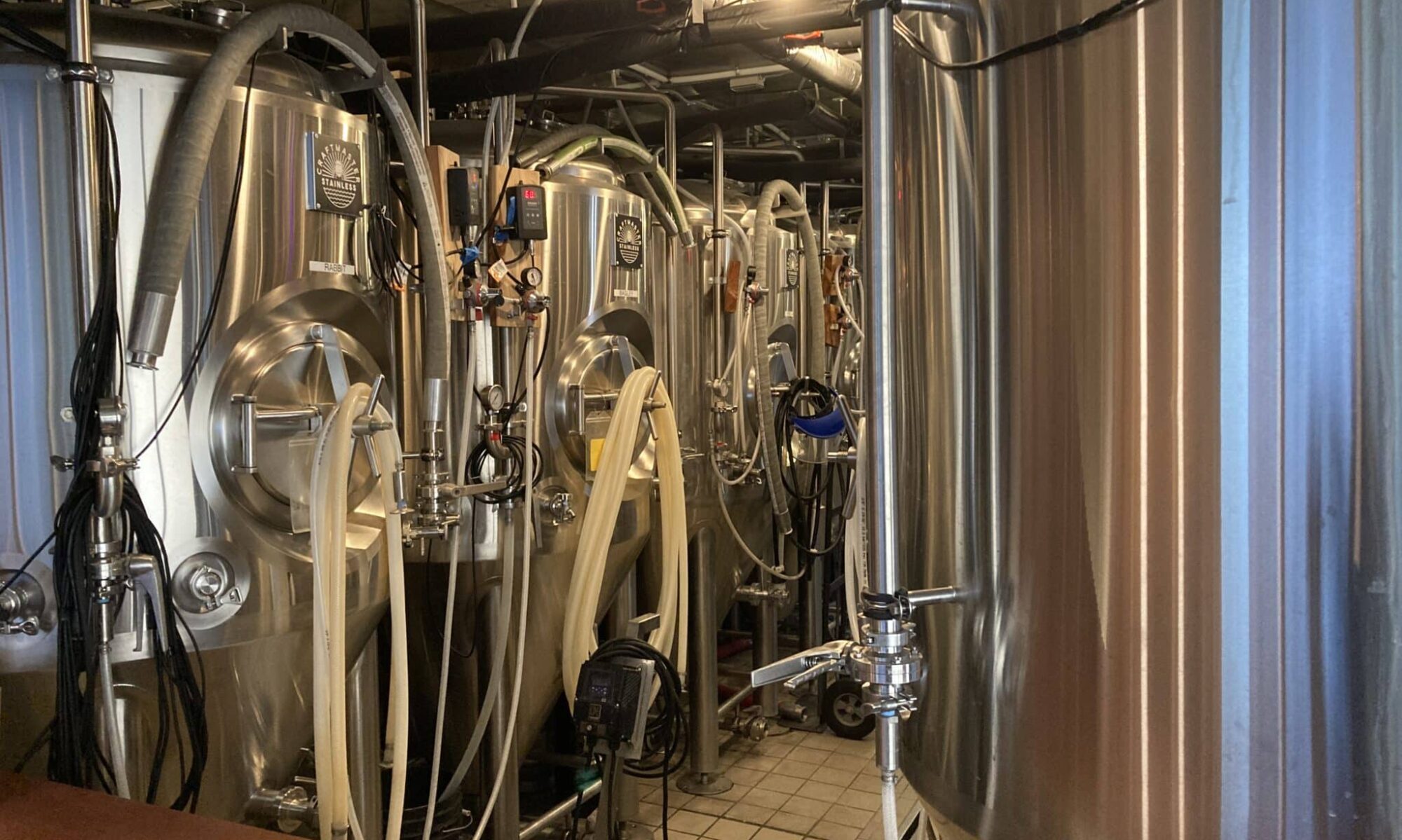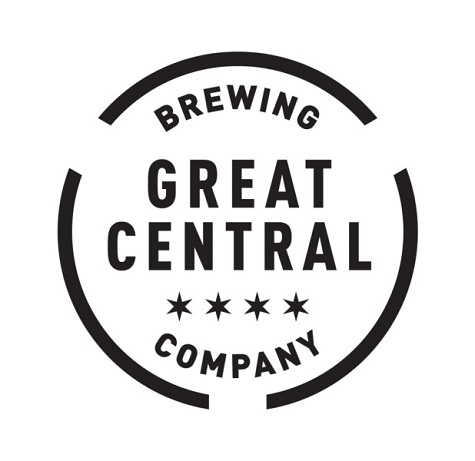In brewing, it is important to be in the right size home when it comes to equipment, space and beer in the tanks. It is the Goldilocks Conundrum.
I have been thinking about this since the news broke that Ballast Point Brewing had released its Miramar facility to a new owner and that they were going to determine what the best brewing size fit would be for them. And while that hunt is under way, some beers will contract brewed for them.
But how does one know what capacity is needed? And also be flexible enough for minor fluctuations up or down? I theorize that it was harder back when growth was flying upward because as the accelerator is pressed, you don’t know when you will run into traffic. Not wanting to miss out on sales, you press down on the gas in the form of second locations and more tanks and more people power.
Now, in opposition, is a bit easier to predict because the growth has flattened and you can see a truer demand than before. A local brewery can figure out how to keep 6-10 taps filled while canning a bit and selling kegs when there is not a block long line out the door.
But too big can be good overall as it provides contract homes for those breweries that are testing proof of concept or do not have the full funding needed for their own space so a little wiggle room is beneficial.
It is an interesting question and we will see in the next few years who played their cards right especially if Ballast Point turns a corner.
Peel the Label is an infrequent series with no photos or links. Just opinion.



